The idiocy of designing limitless economic growth when the planet is running out of resources
 tells-market®︎
tells-market®︎Related Products
関連品物
FAIRBEANS | フェアビーンズ サddスティナブルスペシャルティーコーヒー・チョコレート

¥1,200
tells-market®︎
フェアビーンズコーヒーは、オーガニック・フェアトレード・シェイドグロウン(日陰栽培)の持続可能なコンセプトに基づいた、生産者と自然環境に負荷をかけることなく生み出された「サステイナブルスペシャルティコーヒー」です。

¥5,000
tells-market®︎
自社で製造されるフェアビーンズコーヒーを通して、フェアトレードを身近な選択肢の1つにできるよう幅広く展開してきたFAIRBEANS

¥15,000
tells-market®︎
ペルーから届く良質なチョコレートとココア

¥1,400
tells-market®︎
[定期購入] お野菜セット

¥800
tells-market®︎
森から得られたバナナやオレンジなどの果物、アボガドやプラタナス、豆類などの食料を提供することや、市場で販売して副収入を得ることによって、家計を支えることにも繋がります

¥1,000
tells-market®︎
フェアトレードは、途上国における多くの農業従事者が経済的自立を達成するための大きな手段の一つであると同時に、現在私たちの見えないところで、急速に進んでいる森林破壊や環境汚染を食い止める防波堤の一つとなっています

¥12,000
tells-market®︎
ペルー国内でチョコレートの加工まで行い輸入

¥12,400
tells-market®︎
2009年に新設されたJICA中部センター・なごや地球ひろば1階買物ゾーンに直営店を運営

¥1,000
tells-market®︎
多くの生産者の声を聴き、フェアトレードコーヒーが生産者へ適正な額が確実に渡り、生活が改善されていることを実感しました

¥1
tells-market®︎
中米での経験や学びを活かし、消費活動の現状を変えるために何が必要であるのか、そのために何をしなければいけないかを考え、より多くの消費者の手にオルタナティブな選択肢を提供していくことを決意

¥14,000
tells-market®︎
植物や多くの木々は、病気や害虫が広がるのを自然のバリアーのように防いでくれます。

¥50
tells-market®︎
景観重要建造物である「文化のみち橦木館」にてカフェ運営、名古屋市内に直営店舗運営を経験し、フェアトレードを発信する場も行ってきました。フェアトレードの理念を共有できる場所、フェアトレード活動全般に関わりたい人たちと接点を持ちながら、多くの市民、消費者に情報を発信し、フェアトレードという選択肢を提供することができること考え運営がされてきました。

¥12,000
tells-market®︎
Is Eco-Fashion the True Future of Style? Let's Dive Deeper into Ethical Threads and Choices

¥2
tells-market®︎
Is the shift from consumer to prosumer the ultimate step to sustainability?
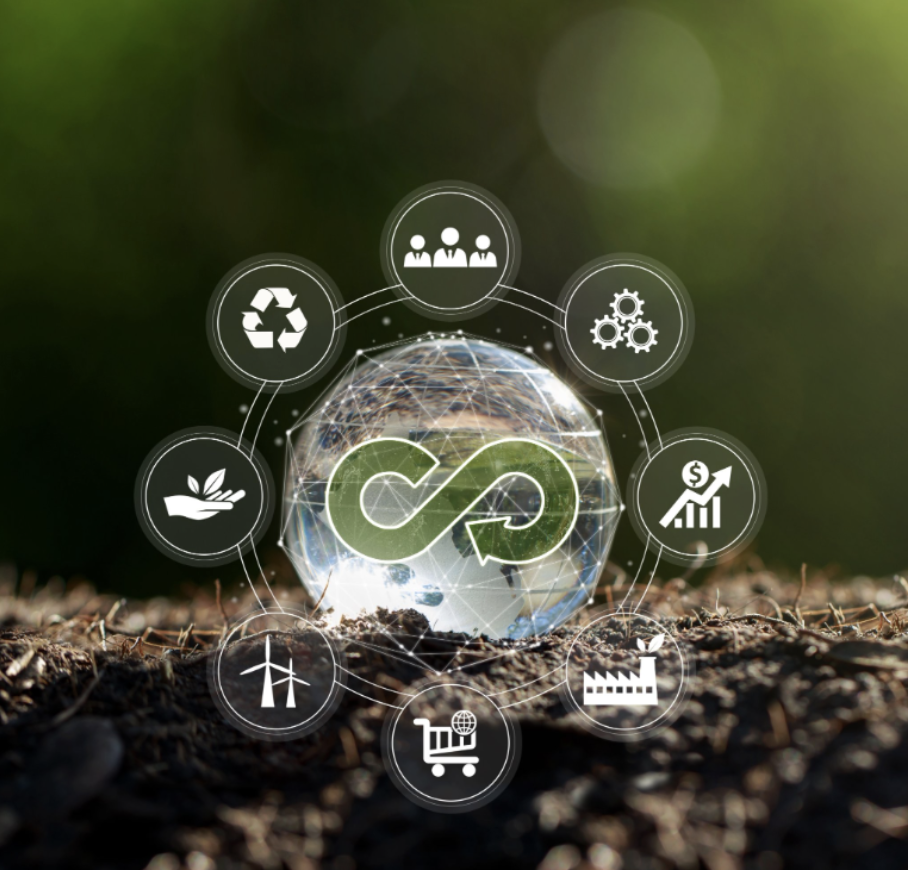
¥2
tells-market®︎
Astonishing role Culture and Craftsmanship play in Unlocking the Beauty of Earth's Future

¥2
tells-market®︎
The idiocy of designing limitless economic growth when the planet is running out of resources
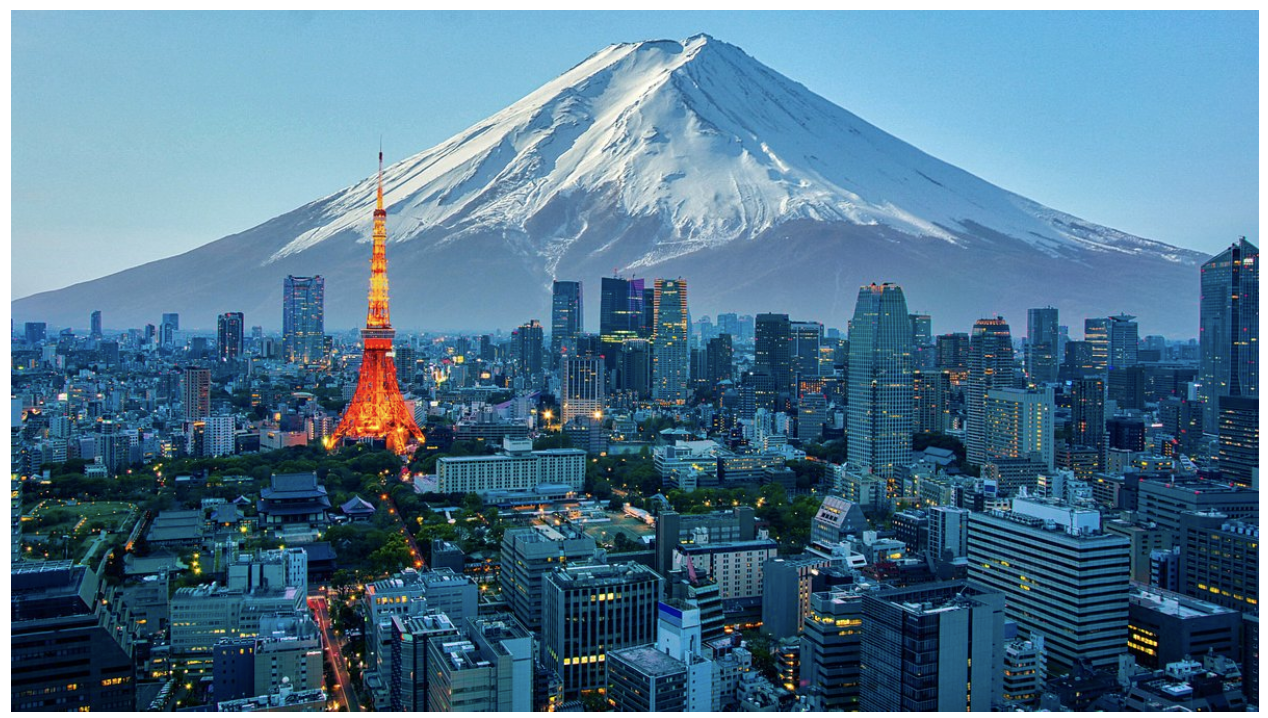
¥3
tells-market®︎
Are Local Coins, WEB 3.0, and NFTs enough for Forging a Digital Economic Utopia in Japan?

¥2
tells-market®︎
Can we use Blockchain for Social Impact?

¥7
tells-market®︎
刀に魂を宿し、そして魂には刀が宿った刀鍛冶(かたなかじ)

¥1,000
tells-market®︎
『何者かになりたい』 その想いが見つけたカンボジアへの愛

¥1,000
tells-market®︎
大事なことは人を愛すること

¥1,000
tells-market®︎
自分が作っているもので地球を汚したくない

¥1,000
tells-market®︎
無理して笑わなくても大丈夫

¥1,000
tells-market®︎
身体の循環、社会の循環、そして人生の循環

¥1,000
tells-market®︎
本当にいいタオルには終わりがない

¥1,000
tells-market®︎
舌を磨くのは私たちの健康のために そして私たちの地球を磨くために

¥1,000
tells-market®︎
この世界は、人間だけのものではない
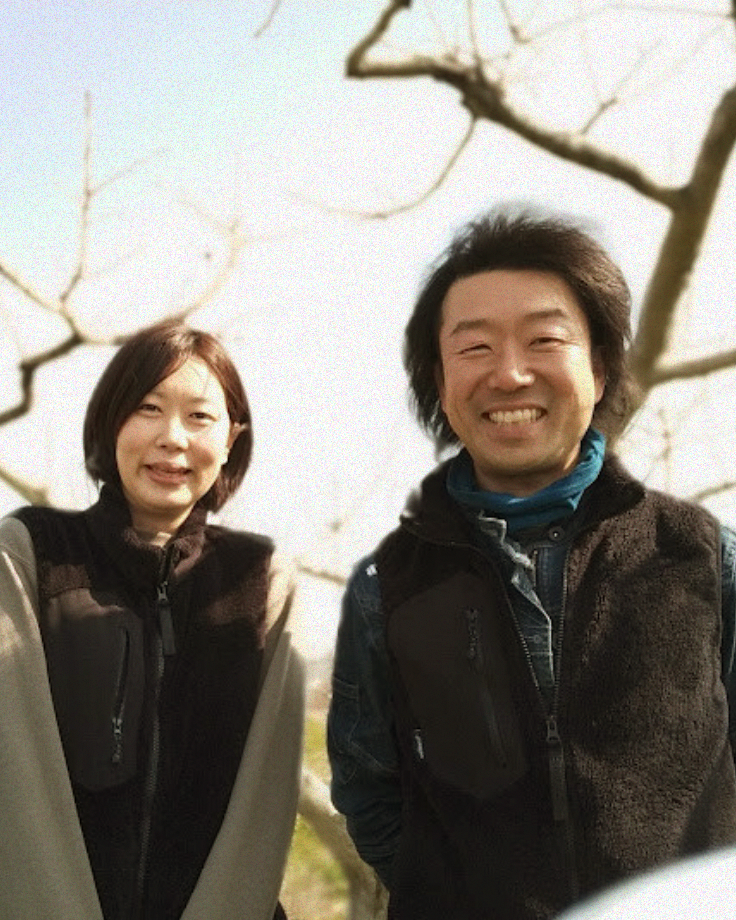
¥1,000
tells-market®︎
野菜は文化財である
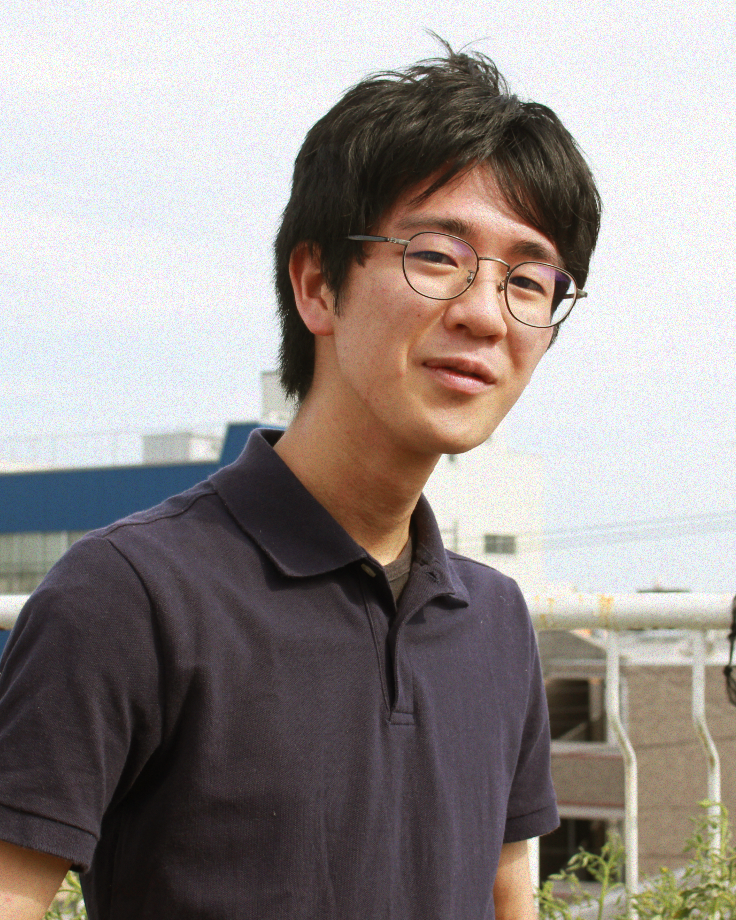
¥1,000
tells-market®︎
Is Eco-Fashion the True Future of Style?

¥10,000
tells-market®︎
Is the shift from consumer to prosumer the ultimate step to sustainability?
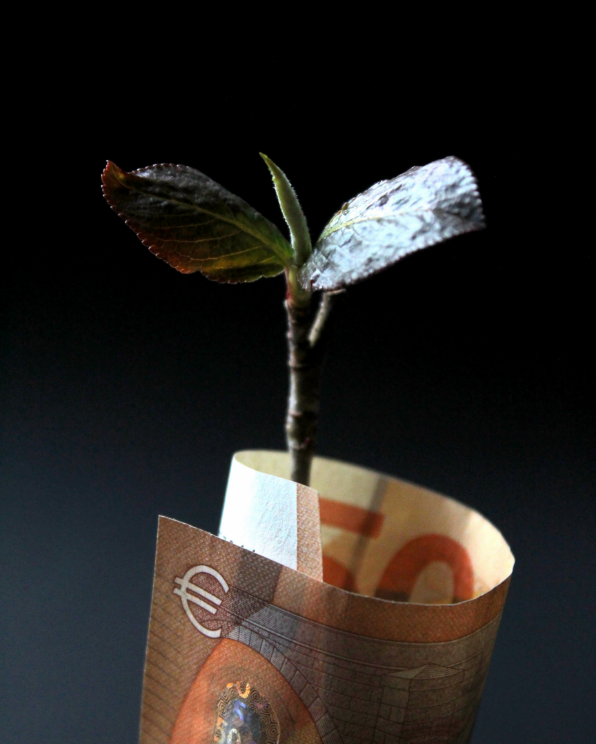
¥10,000
tells-market®︎
Score Testing Product

¥1,400
tells-market®︎
Picture our planet as a treasure chest, brimming with valuable resources: metals, water, fuel, and land.
Now imagine not having any of these available anymore ...
These treasures sustain our modern way of life, but herein lies the riddle. Resources are not infinite; some are finite, destined to run dry like a desert oasis. Others are renewable, rejuvenating with time.
As we stand at the precipice of environmental challenges and dwindling resources, it's high time to address the idiocy of designing limitless economic growth. Let's take a closer look at Japan, a country that has experienced its own unique challenges and transformations on this front.
The Paradox of Japan's Economic Success
Japan, a nation known for its remarkable economic ascent in the 20th century, serves as an intriguing case study. The country was one of the fastest-growing economies in the post-war era, driven by an industrious work ethic, innovation, and exports. But this rapid economic growth came at a price, both for Japan and the planet.
Resource Scarcity and Environmental Consequences
Japan's push for limitless economic growth led to a heavy reliance on resource-intensive industries. The automotive sector, in particular, played a pivotal role in the country's economic development. However, the extraction of raw materials for vehicle production and the extensive use of fossil fuels have taken a toll on the environment. This has been a contributing factor to global environmental challenges, including climate change and resource depletion.
Population and Space Limitations
Japan's densely populated cities, like Tokyo, illustrate another facet of the problem. The pursuit of economic growth has led to urban sprawl, deforestation, and the loss of natural habitats. Limited available space has driven the construction of high-rises and the relentless expansion of urban areas, further exacerbating resource constraints.
A Shifting Paradigm
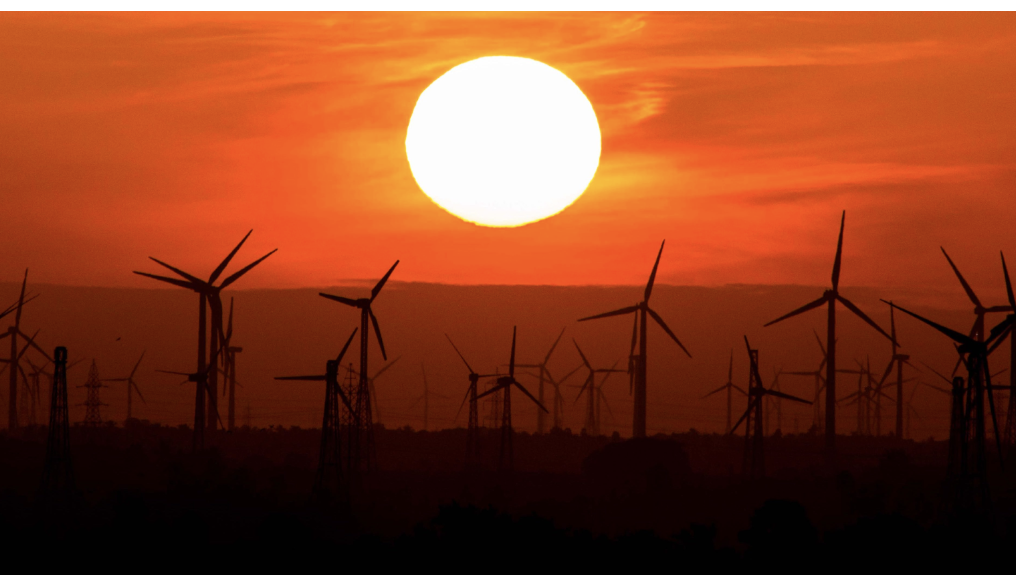
In recent years, Japan has begun to acknowledge the need for a shift in its economic model. Government initiatives and a growing public awareness of environmental issues have fueled this transformation. The "Society 5.0" vision and the focus on a "circular economy" are key components of Japan's strategy to combine economic growth with sustainability.
Bounded by water, Japan's island geography has driven it to seek creative solutions for resource sustainability. Water, the elixir of life, is a case in point. Japan has perfected the art of reusing and purifying wastewater, converting it into a safe and sustainable source of hydration.
Moreover, Japan's passion for innovation blooms in the field of recycling. The nation's waste-sorting prowess ensures that resources are efficiently reused, from plastics to electronics, illustrating that every item can have a second life.
In the quest for sustainable living, Japan gazes skyward. The Land of the Rising Sun is pioneering renewable energy solutions. It's embracing the power of the wind, harnessing solar rays, and boldly declaring its commitment to a future powered by clean, renewable resources.
Japan's solar power industry is a blossoming marvel. Solar panels gleam like cherry blossoms in spring, blanketing rooftops and vast fields alike. In the wake of Fukushima's nuclear disaster, Japan vowed to reduce its nuclear dependency and amplify its investment in renewable resources, displaying a determination to safeguard the Earth's resources.
Reimagining Growth & A Global Call to Arms
The pursuit of economic growth should no longer be blind to its environmental and social consequences. It's time to consider alternative models that prioritize sustainability, innovation, and resource efficiency. Japan's evolving approbleach serves as a valuable example of how nations can adapt and reinvent themselves in the face of resource constraints.
Japan's resource revolution is not an isolated affair. Across the globe, people are waking up to the challenge of finite and renewable resources. Communities, industries, and nations are recognizing the need to work together to conserve our planet's precious assets.
In Norway, the fjords resonate with the hum of electric cars, a tribute to the nation's renewable energy strategy. Iceland taps into its volcanic fury, producing a bounty of geothermal energy. Meanwhile, cities worldwide are gearing up to tackle finite resources with innovation, from reclaiming wasteland for urban farming to creating electric buses that redefine public transportation.
As our odyssey unfolds, we find hope in the challenge of finite and renewable resources. It's a puzzle that humans must solve together. The vision of Japan, a nation nestled in the Pacific Ocean, blazing a path of sustainability, inspires us to push the boundaries of resource conservation.
The challenge is real, but so is the determination to find answers. Our planet's future relies on the global movement to steward our resources wisely, embracing finite resources with care and nurturing renewable resources with fervor.
Let us remember our voyage into the heart of this resource riddle. Together, with nations like Japan leading the way, we can navigate the stormy seas of resource management and ensure that our earthly treasure chest remains full for generations to come.